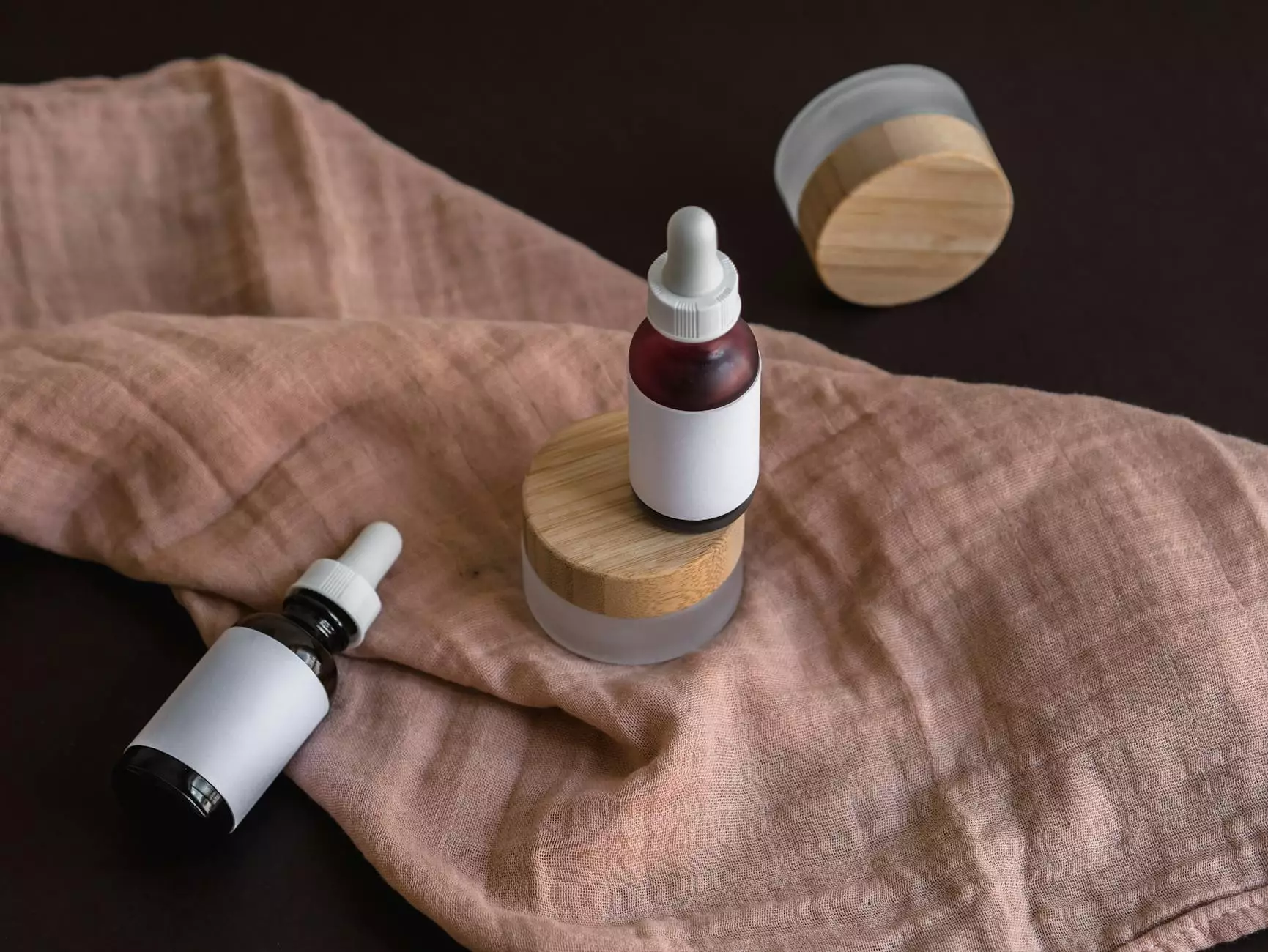The Role of Plastic Housing Manufacturers in Modern Industry

The evolution of manufacturing processes has dramatically altered several industries, with plastic housing manufacturers playing a pivotal role. These companies are not just producers of plastic enclosures; they are integral contributors to technological advancements and sustainable practices. Understanding their importance is essential for anyone interested in the future of manufacturing.
What Are Plastic Housings?
Plastic housings are protective casings made from various types of plastics. These housings are designed to encase electronic components, appliances, automotive parts, and many other items, providing both protection and aesthetic value. The benefits of using plastic for housing include:
- Lightweight: Plastics are significantly lighter than many metals, reducing overall product weight.
- Corrosion Resistance: Unlike metals, plastics do not rust or corrode, ensuring longevity in various environments.
- Cost-Effective: The mass production of plastic components reduces costs, making them accessible for many applications.
- Versatility: Plastics can be molded into complex shapes, allowing for innovative designs.
- Insulation Properties: They provide excellent electrical insulation, making them ideal for electronic applications.
Why Choose Specialized Plastic Housing Manufacturers?
Choosing the right manufacturer is crucial for the quality and durability of the final product. Here are a few reasons why specialized plastic housing manufacturers are preferred:
Expertise and Innovation
These manufacturers employ skilled engineers and designers who constantly innovate to deliver state-of-the-art products. Their expertise ensures that every housing is designed to meet specific industry standards and customer requirements.
Sustainability Practices
In an era where sustainability is paramount, leading plastic housing manufacturers are embracing environmentally friendly practices. They focus on:
- Using Recycled Materials: Many manufacturers are now producing housings from recycled plastics, diminishing reliance on virgin plastic.
- Reducing Carbon Footprint: By optimizing manufacturing processes and energy use, they aim to decrease greenhouse gas emissions.
- Design for Recyclability: New designs prioritize ease of disassembly for recycling purposes, promoting a circular economy.
Industries Benefiting from Plastic Housing
The applications of plastic housings are diverse, benefiting numerous sectors. Some of the key industries include:
ELECTRONICS
In the electronics industry, plastic housings are essential for safeguarding components from damage during transportation and usage. Manufacturers innovate housings that provide thermal management and electromagnetic shielding, critical for optimal performance.
AUTOMOTIVE
The automotive industry heavily relies on plastic housing for components such as light fixtures, control units, and sensors. These manufacturers provide lightweight solutions that enhance fuel efficiency and reduce overall vehicle weight.
MEDICAL DEVICES
Medical technology requires stringent compliance with regulations and standards. Plastic housings from specialized manufacturers ensure that medical devices are protected from contamination while providing ease of use for healthcare professionals.
The Manufacturing Process
The process of creating plastic housings involves several stages:
1. Material Selection
Choosing the right type of plastic is crucial. Manufacturers consider factors such as durability, flexibility, temperature resistance, and cost when selecting materials.
2. Design and Prototyping
Using CAD software, manufacturers design housings tailored to specific products. Prototyping allows for testing and modifications before mass production, ensuring the final product meets all requirements.
3. Molding Techniques
The most common molding techniques include:
- Injection Molding: This method involves injecting molten plastic into a mold to create complex shapes.
- Blow Molding: Used for hollow parts, this technique creates plastic containers by blowing air into heated plastic.
- Rotational Molding: This process distributes plastic evenly within a mold, ideal for creating large, hollow parts.
4. Finishing and Quality Control
Post-production finishing processes may involve painting, printing, or applying coatings to enhance durability. Quality control checks ensure that every unit meets high standards before it reaches the customer.
Future Trends in Plastic Housing Manufacturing
The future of plastic housing manufacturers is bright, with several trends shaping the industry:
Advancement in Materials
Developments in bioplastics and other sustainable materials are gaining traction, providing alternatives that are both effective and environmentally friendly.
Smart Housings
As the Internet of Things (IoT) grows, the incorporation of smart technology in plastic housings becomes essential. Manufacturers are exploring ways to integrate sensors and connectivity into plastic designs.
Automated Manufacturing
Automation in production processes is increasing speed and efficiency, allowing manufacturers to meet growing demand without compromising on quality.
Why Celtic Composites is a Leader Among Plastic Housing Manufacturers
Celtic Composites stands out as a leading name among plastic housing manufacturers, delivering high-quality solutions tailored to client needs. Their focus on innovation, sustainability, and customer satisfaction sets them apart in a competitive market.
Commitment to Quality
Celtic Composites employs strict quality control measures throughout their production process, ensuring consistent and reliable products. Their advanced technologies and skilled workforce contribute to their reputation as industry leaders.
Customer-Centric Approach
Customer satisfaction is at the heart of Celtic Composites' operations. They collaborate closely with clients to understand their specific requirements and challenges, providing custom solutions that meet or exceed expectations.
Innovative Solutions
With a keen eye on industry trends, Celtic Composites invests in research and development, ensuring that their product offerings remain relevant and competitive. They prioritize innovation, incorporating the latest technology and practices into their manufacturing processes.
Conclusion
Plastic housing manufacturers are essential players in the landscape of modern manufacturing. By embracing innovation, sustainability, and customer-centric practices, they not only meet market demands but also contribute to a more sustainable and efficient future. Companies like Celtic Composites exemplify the excellence that defines the industry, paving the way for continued growth and advancement in plastic housing technology.









